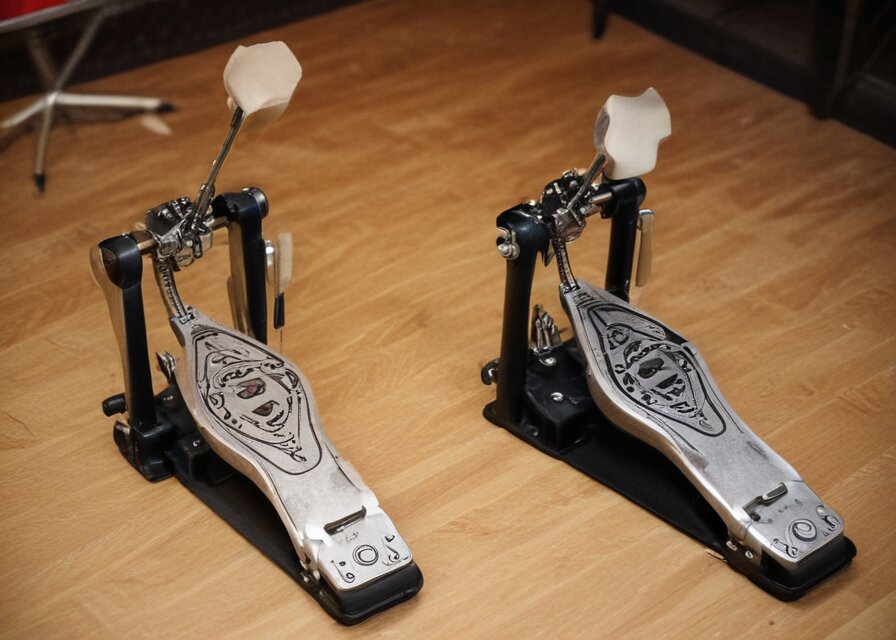Plumbing and Music: How the Rhythm of Water Flow Influences Music Production
Water flowing through pipes often creates a rhythmic, calming sound. That consistent movement and subtle cadence can do more than soothe — it can actually spark creativity in the minds of music producers and composers. Many artists have drawn inspiration from the organic patterns found in plumbing systems, using those sounds to guide their music’s rhythm, mood, or even tempo.
The natural rhythm of water trickling, gurgling, or rushing through pipes can act like a hidden metronome. Producers looking for new textures sometimes capture those sounds in field recordings and blend them into ambient tracks or lo-fi beats. Sometimes, these sounds come from unexpected places, like the gentle swirling of water during drain cleaning. Though seemingly mundane, these moments carry sonic qualities that musicians can loop, manipulate, or mimic (source: debouchage).
The Plumbing Beat: More Musical Than You’d Think
 Plumbing systems have their own kind of rhythm. Whether it’s the repetitive tap-drip of a leaky faucet or the sudden whoosh of a flush, these noises follow patterns. Our brains naturally latch onto rhythm. Musicians, in particular, are wired to recognize these sequences and use them creatively. Many producers record the sounds of water moving through pipes and use them as percussive elements or background ambiance.
Plumbing systems have their own kind of rhythm. Whether it’s the repetitive tap-drip of a leaky faucet or the sudden whoosh of a flush, these noises follow patterns. Our brains naturally latch onto rhythm. Musicians, in particular, are wired to recognize these sequences and use them creatively. Many producers record the sounds of water moving through pipes and use them as percussive elements or background ambiance.
For example, a water hammer — the thudding noise caused by pressure changes in plumbing — can be repurposed into a deep kick drum. The hissing of pipes can mimic cymbals. Even the low hum of underground plumbing can provide a bassy drone perfect for layering underneath tracks. It’s all about hearing the potential in everyday sounds.
From Basement to Beat Studio
Some artists have taken this concept even further. Field recordings from plumbing systems have been used in genres like electronic, ambient, and experimental music. The irregular yet familiar sounds of plumbing add warmth and texture. One producer, known for incorporating environmental noise into music, explained that recording in an old building gave him access to a range of tones — from high-pitched squeals to low rumbles. These recordings were turned into samples, which were then arranged to form beats, harmonies, and unique audio loops.
What’s more interesting is that the tempo of water flow often mimics natural BPM (beats per minute). A fast-running tap might clock in around 90–110 BPM, perfect for chill hop or downtempo electronic tracks. The mind catches onto those rhythms and begins to build around them.
Why Water Sounds Work So Well
There’s a reason why water sounds are used in meditation and relaxation music. They’re consistent but never exactly the same. They offer movement but also a sense of peace. This balance between predictability and variation makes them perfect for music production. They add depth without overpowering the track. They offer a layer of realism that synthetic sounds sometimes lack.
For lo-fi producers, especially, water sounds from plumbing — like distant drainage, drips, or the echo of pipes — add nostalgia and warmth. It’s like audio storytelling. You’re not just hearing a beat. You’re hearing a moment captured from real life.
How to Start Using Plumbing Sounds in Music
You don’t need a professional studio or expensive equipment to start experimenting. A smartphone, a quiet bathroom, and curiosity can go a long way. Try recording different water sounds — a flushing toilet, a running faucet, a drain emptying. Upload those into a digital audio workstation (DAW) like Ableton or FL Studio. Play with pitch, cut the clips into loops, or layer them under a melody.
There are even online sample packs dedicated to water and plumbing sounds. These resources can save time and provide high-quality recordings for any genre. Whether you’re scoring a film or creating your next beat tape, don’t overlook the plumbing beneath your feet — it might just be the next beatmaker in your studio.
READ ALSO: Writing Your Legacy: Pursuing a Songwriting Career
Final Thoughts
Music and plumbing may seem like two different worlds, but they’re connected by rhythm, pattern, and flow. When artists listen closely to everyday environments, they find inspiration in the most unexpected places. Try to catch the beat the next time you hear the water rushing through a pipe or drip from a faucet. It might just be the hook of your next track.



